"Non-Loudon-Fleury Raman scattering in spin-orbit coupled Mott insulators "Yang Yang , University of Minnesota [Host: Gia-Wei Chern]
ABSTRACT:
The Loudon-Fleury form of the Raman operator has been used to compute magnetic Raman responses inside magnetic insulators for decades. The formalism provided by Loudon and Fleury [1] only considers the light-induced direct hopping between two magnetic ions. However, this is an oversimplified scenario for spin-orbit coupled Mott insulators. For example, the microscopic origin of the superexchange interaction inside Kitaev materials shows multiple indirect superexchange paths involving ligand ions can also produce a significant anisotropic interaction [2]. Therefore, to correctly construct the Raman operator for spin-orbit coupled Mott insulators requires considering all the non-negligible direct and indirect superexchange paths.
In this talk, I will present our work on constructing the Raman operator for the spin-orbit coupled Mott insulators which involve multiple superexchange paths [3], and I will also show how our revised theory can be applied to the three-dimensional hyperhoneycomb Kitaev material β−Li2IrO3 [4], where we show a qualitative modification of the polarization dependence, including, e.g., the emergence of a sharp one-magnon peak at low energies, which is not expected in the traditional Loudon-Fleury theory.
[1] P. A. Fleury and R. Loudon, Phys. Rev. 166, 514 (1968). [2] G. Jackeli and G. Khaliullin, Phys. Rev. Lett. 102, 017205 (2009). [3] Yang Yang, Mengqun Li, Ioannis Rousochatzakis, and Natalia B. Perkins Phys. Rev. B 104, 144412 (2021). [4] Yang Yang, Yiping Wang, Ioannis Rousochatzakis, Alejandro Ruiz, James G. Analytis, Kenneth S. Burch, and Natalia B. Perkins Phys. Rev. B 105, L241101(2022). |
Condensed Matter Seminar Thursday, March 2, 2023 4:00 PM Chemistry, Room 402 Note special time. Note special room. |
To add a speaker, send an email to phys-speakers@Virginia.EDU. Please include the seminar type (e.g. Condensed Matter Seminars), date, name of the speaker, title of talk, and an abstract (if available).
 Physics at Virginia
Physics at Virginia